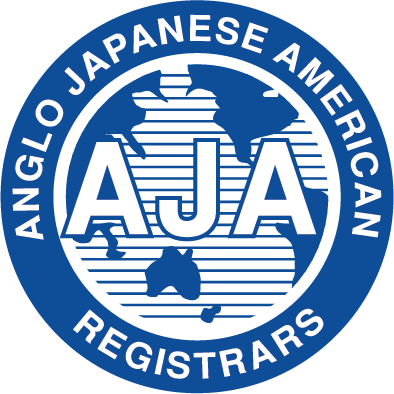
Zinc Stearate, a chemical compound derived from stearic acid and zinc ions, is widely used in various industries. It typically appears as a fine white powder. Its main characteristics include purity, particle size, and physical appearance, usually as a soft powder.
Key Functions of Zinc Stearate
- Lubricant: Reduces friction between surfaces during thermal processes such as extrusion, injection molding, and compression—especially in plastic and rubber production.
- Mold Release Agent: Prevents polymers or resins from sticking to molds, reduces mold wear, and improves the surface quality of final parts.
- Formulation Stabilizer: Provides uniformity in complex systems such as masterbatch, pigments, coatings, and polymer additives.
- Anti-abrasion Modifier: Reduces scratching and surface wear while improving durability in industrial paints, powder coatings, and printing inks.
Industrial Applications of Zinc Stearate
- Polymer and plastic industries – as an internal and external lubricant in PVC, PP, and PE
- Rubber and foam industry – in EVA compounds and natural/synthetic rubber
- Paints, lacquers, and powder coatings – to improve mechanical properties and processability
- Masterbatch and pigments – as a dispersing agent and formulation stabilizer
- Shoe production, molded parts, and composites manufacturing
Advantages of Zinc Stearate
- Low volatility and high thermal stability
- Compatibility with various polymers and chemical compounds
- Increases mold lifespan and reduces sticking
- Effective performance even at low dosages
“ In the Pishrochem, zinc stearate is produced from the reaction of stearic acid and zinc salt. The application of zinc stearate in the rubber industry is the masterbatch color of volcanic powders. ”
FEATURES
| Colour | White |
| Water content % | 0/5 |
| Appearance | Powder |
| Free fatty acid % | 0/5-1 |
| Melting Point ℃ | 125 |
| Ash content % | 13 Max |
| Bulk Density g/l | 350 |
| Application | Plastic - rubber |
SIMILAR PRODUCTS





